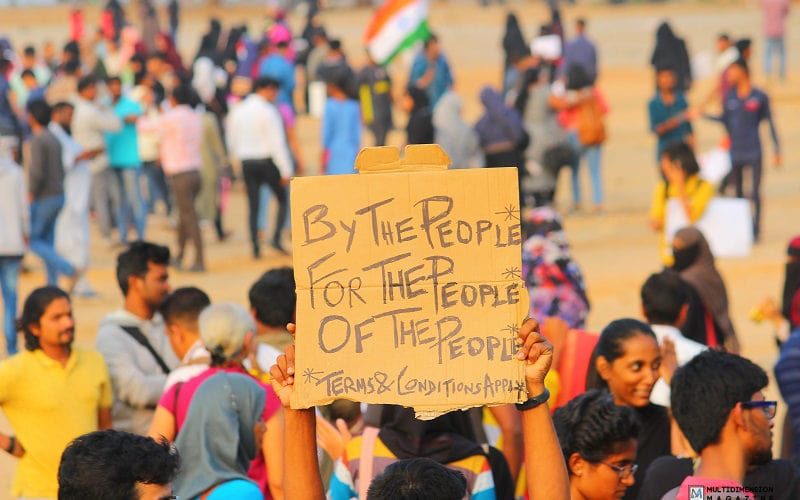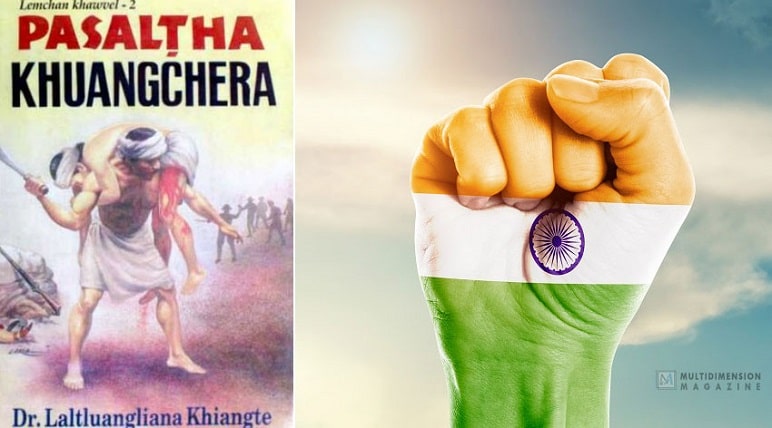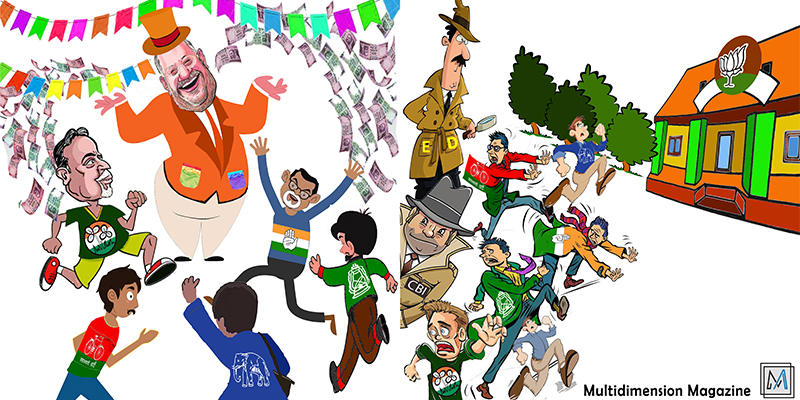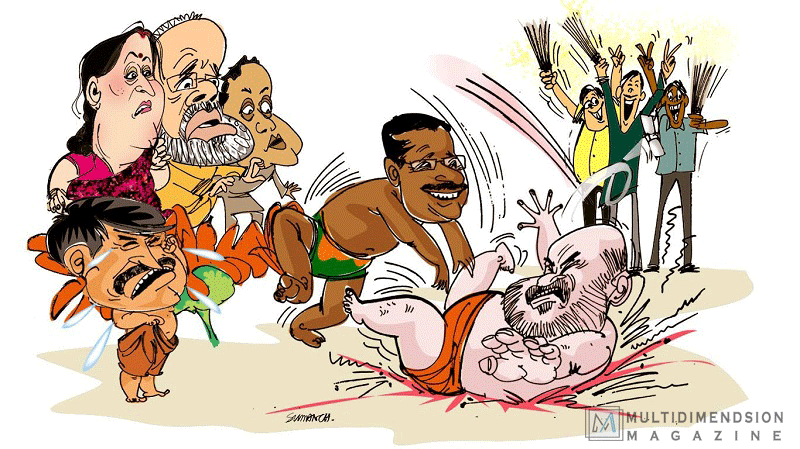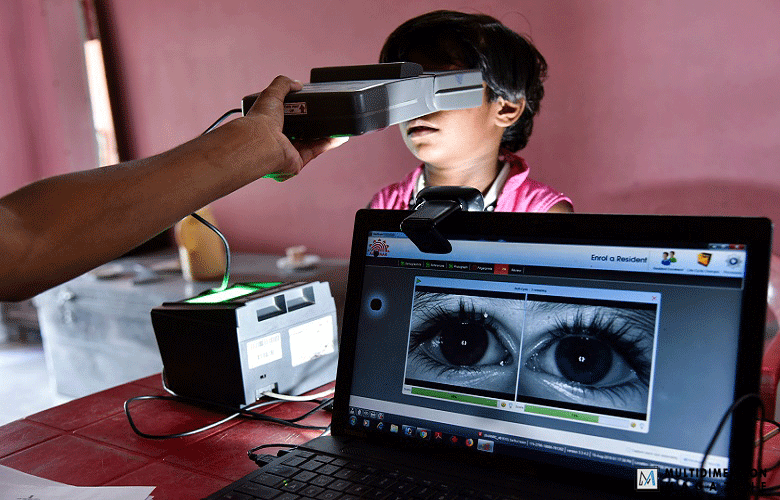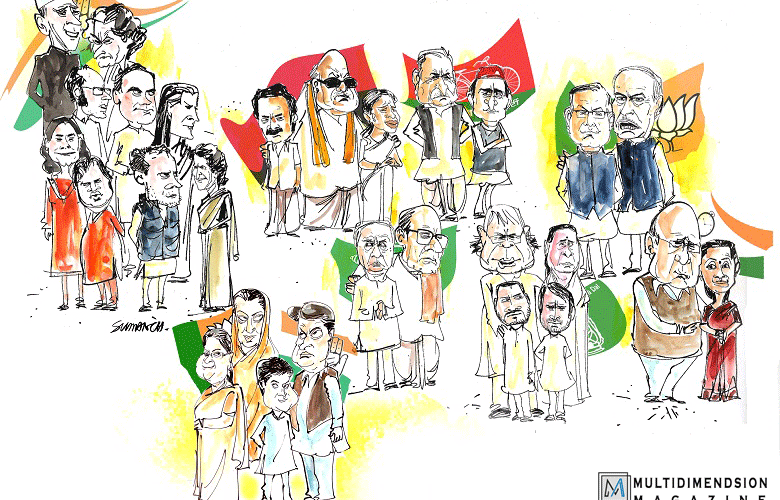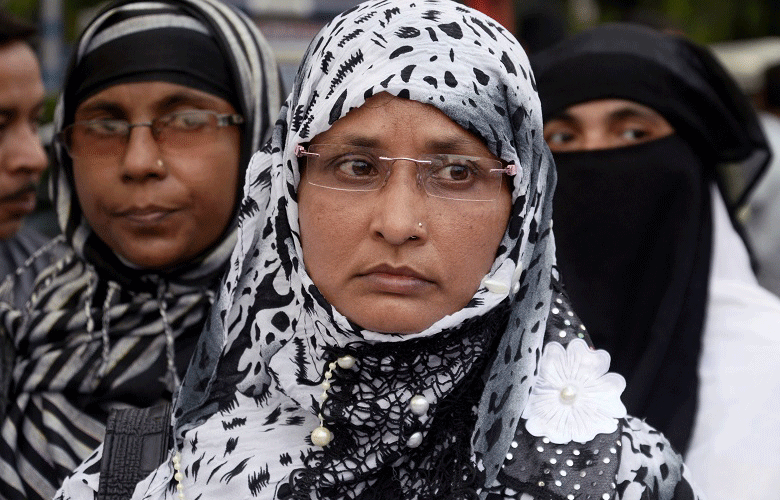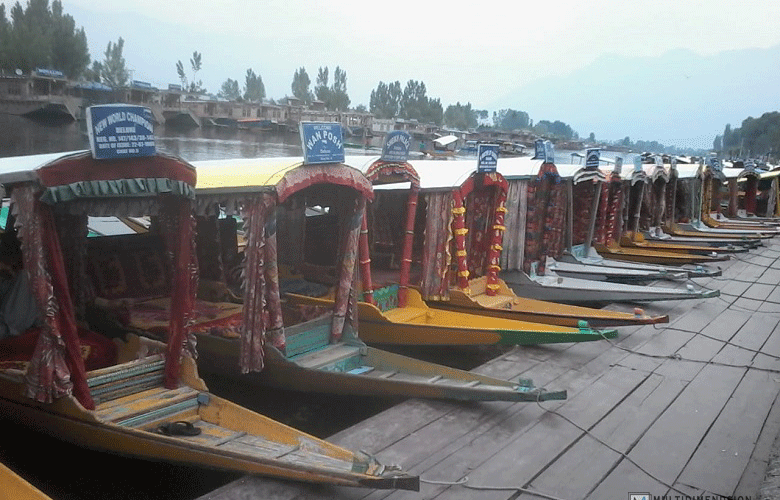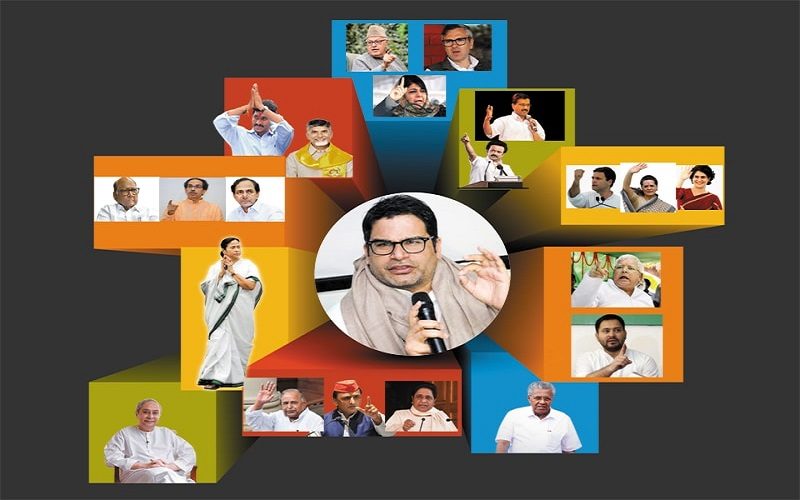
West Bengal Assembly Elections 2021: Footprints of United Coalition Era in India?
Written by : Pratip Chattopadhyay The assembly election of West Bengal in 2021 turned out to be a great deception for the Bharatiya Janata Party (BJP) and its supporters. The Trinamul Congress (TMC), the ruling party recorded a thumping victory with 213 seats out of 292 seats in which polls were conducted. The result of the election came out as a replay of the Delhi assembly election last year. In the immediate post-election phase, we witnessed a spate of violence among the rival party members at the grass root level, then conundrum over arrest, re-arrest and finally bail of two…

